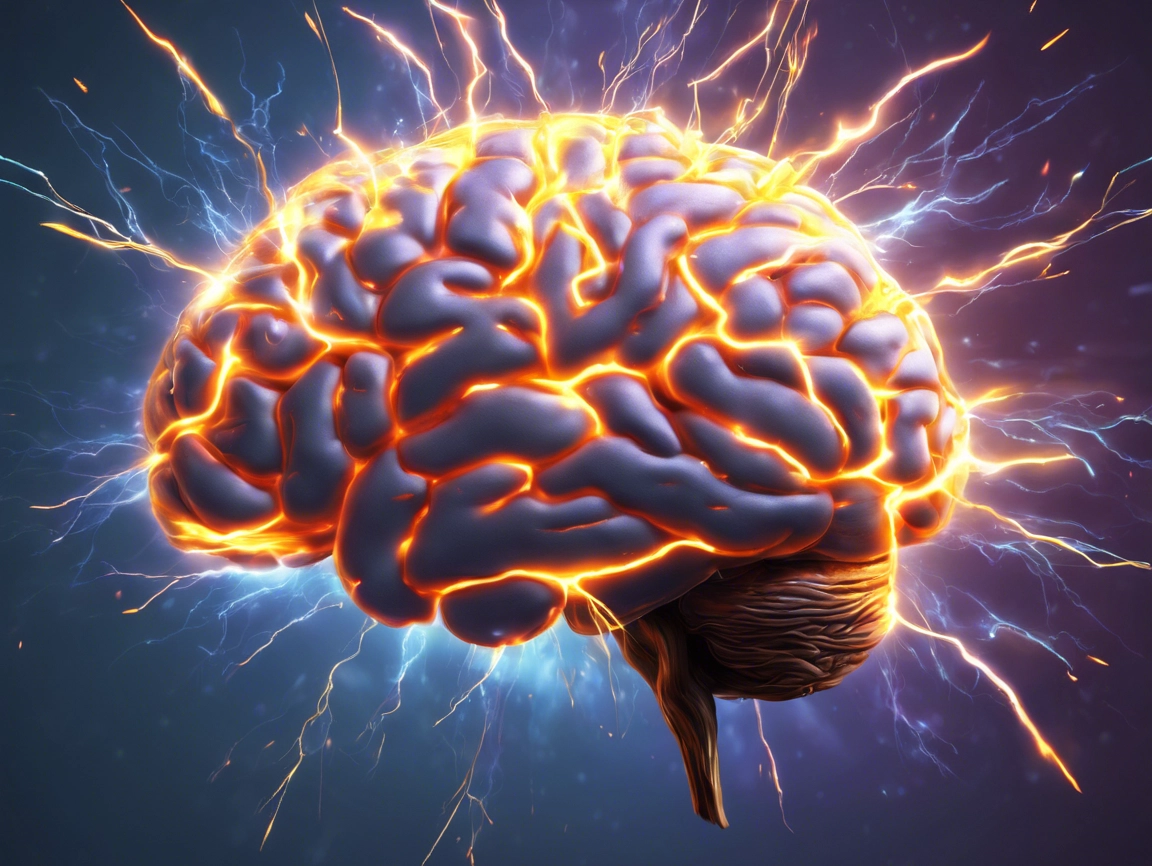Auditory Deprivation: What It Is and Why It Matters
Auditory deprivation is a condition that arises when the brain receives insufficient auditory stimuli due to hearing loss. This lack of sound input can significantly impact brain function. When individuals experience hearing loss, they might not immediately recognize the subtle changes. Often, people find themselves turning up the TV volume or struggling to hear conversations with loved ones. This gradual loss of hearing can lead to auditory deprivation, where the brain’s ability to process sound diminishes. Understanding auditory deprivation is crucial for addressing its impacts and finding effective solutions to improve auditory health.
The Connection Between Hearing Loss and Auditory Deprivation
Hearing loss and auditory deprivation are closely connected. When someone experiences hearing loss, the brain receives less auditory input. Over time, this reduction in auditory stimuli can lead to auditory deprivation. The brain, deprived of the sounds it normally processes, starts to lose its ability to interpret auditory information. This shift can cause the brain to reallocate resources, affecting areas responsible for auditory processing. This phenomenon can make it challenging to follow conversations or recognize familiar sounds, even after hearing aids are used. Addressing hearing loss promptly is vital to prevent the progression of auditory deprivation.
Effects of Auditory Deprivation on Cognitive Function
Auditory deprivation can have profound effects on cognitive function. When the brain doesn’t receive regular auditory input, it can lead to cognitive challenges. The brain’s ability to process and understand sounds is linked to various cognitive skills, including memory and attention. Without adequate auditory stimuli, these cognitive functions can decline. For example, individuals might find it difficult to concentrate, remember information, or process complex sounds. Studies suggest that prolonged auditory deprivation can lead to cognitive decline, making it crucial to address hearing loss early to maintain cognitive health.
The Hidden Dangers of Untreated Hearing Loss
Very often, people aren’t aware of hearing loss because it occurs gradually over years. The signs might be subtle, such as needing to turn up the TV volume or struggling to hear grandchildren. After a diagnosis, individuals sometimes wait an average of 10 years before using hearing aids. This delay can be detrimental. Untreated hearing loss can result in auditory deprivation, leading to brain shrinkage or atrophy from lack of use. The brain’s auditory processing centers may shrink or reassign their functions to other tasks, complicating the treatment of hearing loss even with hearing aids.
What the experts say?
As Dr. Jenilee P. Pulido of HearCare Audiology Center explains, “Auditory deprivation is when the brain has difficulty understanding and processing information due to the lack of stimulation.” When the brain receives fewer sounds, it may shift to other sensory processes, like visual processing, which can complicate sound processing even after hearing aids are introduced.
For more detailed information on auditory health and treatments, visit the National Institute on Deafness and Other Communication Disorders. This resource offers valuable insights into hearing loss, auditory health, and available solutions.
The Impact of Hearing Aids and the ‘Use It or Lose It’ Principle
The principle of “use it or lose it” is crucial when discussing auditory deprivation. Delaying the use of hearing aids can result in significant challenges. The longer hearing loss remains untreated, the more difficult it becomes for the brain to process sounds effectively. This is because the brain’s auditory areas can become less responsive, making it harder to adapt to hearing aids. As Dr. Pulido points out, “The longer you wait to seek treatment, the more the brain has trouble understanding and processing information.” It’s important to address hearing loss promptly to prevent these negative effects.
Why Two Hearing Aids Are Important
For those with hearing loss in both ears, using only one hearing aid can be detrimental. When one ear is treated but the other is not, the untreated ear can become weaker and more prone to atrophy. This imbalance can lead to greater challenges in hearing and processing sounds. Additionally, improper fitting or programming of hearing aids can contribute to auditory deprivation. Regular follow-ups with hearing care professionals help adjust hearing aids correctly and provide the necessary auditory stimulation.
Adjusting to Hearing Aids and Auditory Training
Getting used to hearing aids can take time. Unlike glasses, which offer immediate clarity, hearing aids require a gradual adjustment period. Some people may take days or weeks to acclimate to the restored sound. During this time, the brain needs to readjust to processing sounds. Alongside hearing aids, auditory training can be beneficial. This rehabilitation focuses on helping the brain relearn auditory skills through various exercises and activities, such as listening to audiobooks or using specialized training programs.
Preventing Auditory Deprivation
To prevent auditory deprivation, it is essential to be proactive about hearing health. The American Speech-Language-Hearing Association (ASHA) recommends hearing screenings every 10 years until age 50, and then once every three years. For those over 50, doctors advise regular screenings or evaluations, even if no hearing issues are apparent. Early detection and treatment of hearing loss are crucial to preventing cognitive decline and maintaining overall auditory health.

